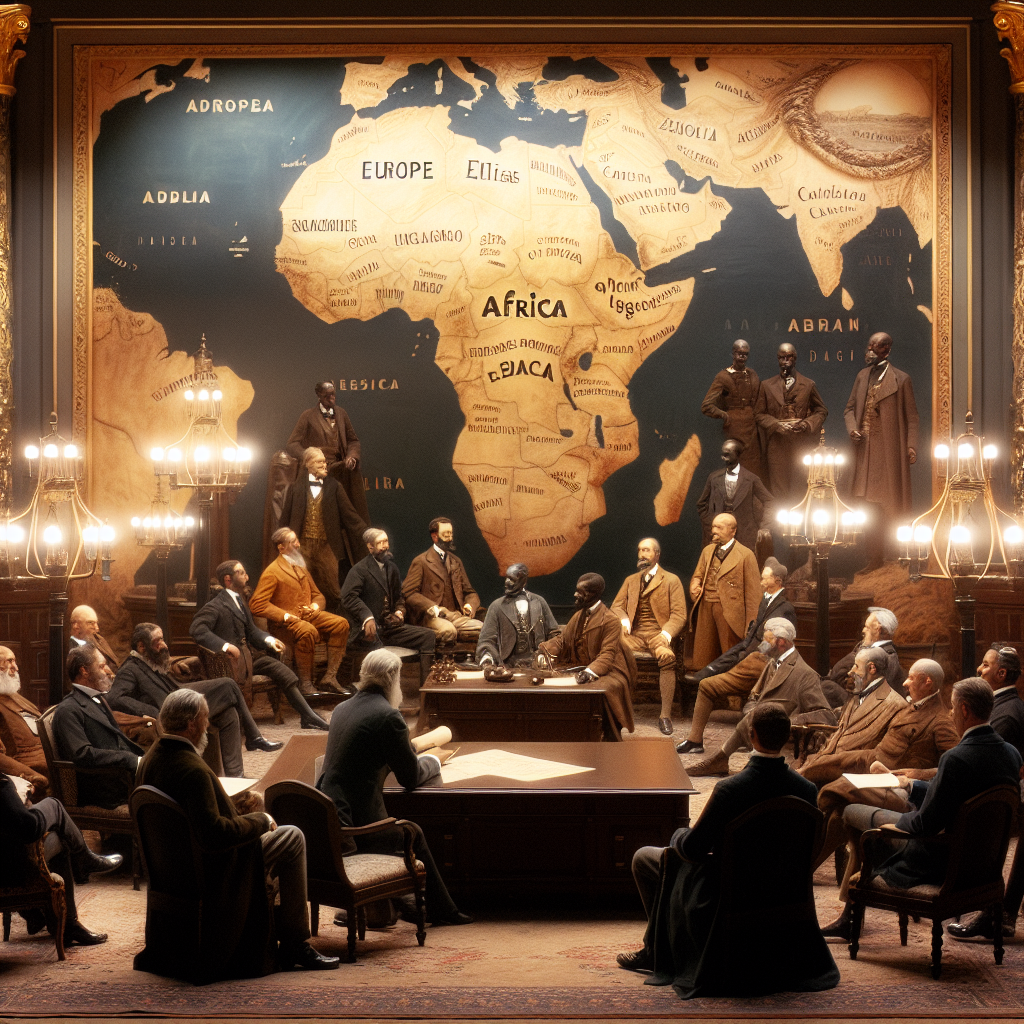The Berlin Conference: Europe’s Division of Africa 140 Years Ago
The Berlin Conference: Europe’s Division of Africa 140 Years Ago
Introduction to the Berlin Conference
In 1884-1885, European powers convened in Berlin to discuss the partitioning of Africa, a continent rich in resources and diverse cultures. This meeting, known as the Berlin Conference, marked a significant turning point in African history, leading to the colonization of nearly the entire continent.
Key Objectives of the Conference
The Berlin Conference aimed to establish rules for the colonization and trade in Africa, minimizing conflict among European nations. The conference was driven by several key objectives:
- To regulate European colonization and trade in Africa.
- To prevent conflict among European powers over African territories.
- To establish free trade zones in the Congo Basin.
Major Players and Their Interests
The conference was attended by major European powers, each with its own interests:
- Germany: Hosted the conference and sought to expand its influence.
- Britain: Aimed to secure key trade routes and territories.
- France: Desired to expand its colonial empire in West and Central Africa.
- Belgium: King Leopold II sought control over the Congo Free State.
Outcomes and Impact on Africa
The Berlin Conference had profound and lasting impacts on Africa:
- Arbitrary borders were drawn, often splitting ethnic and cultural groups.
- European powers claimed vast territories, leading to the exploitation of resources.
- Colonial rule was established, significantly altering African societies and economies.
Legacy of the Berlin Conference
The legacy of the Berlin Conference is still felt today, as the borders drawn during the conference continue to influence African politics and conflicts. The division of Africa set the stage for decades of colonial rule, which has had lasting effects on the continent’s development and international relations.
Conclusion
The Berlin Conference was a pivotal event in world history, marking the beginning of a new era of European imperialism in Africa. It reshaped the continent’s political landscape, with consequences that are still evident today. Understanding this historical event is crucial for comprehending the complex dynamics of modern Africa and its interactions with the rest of the world.






































